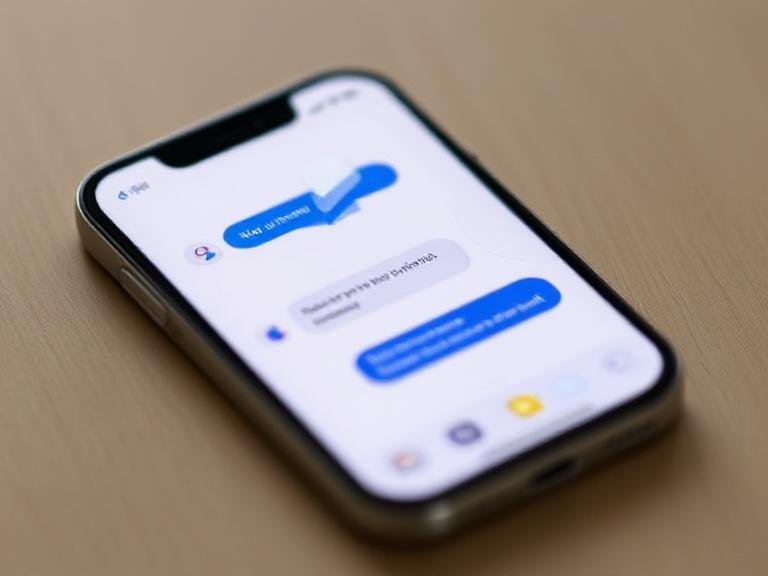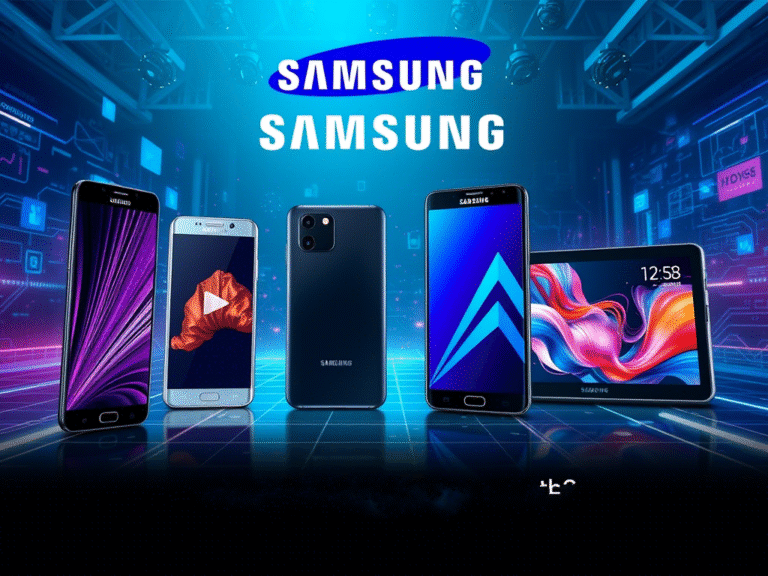Not Just Catching Up — Apple’s Strategic Bet on In-House AI

Not Just Catching Up — Apple’s Strategic Bet on In-House AI
Last year, Apple was firm: no plans for a ChatGPT rival. But behind the scenes, the story may have already been changing. While the company publicly downplayed ambitions in generative AI, internal efforts suggest a quiet but determined shift is underway.
Now, fresh reports indicate that Apple is actively developing its own AI-powered chatbot — a move that could redefine how users interact with Siri, Spotlight, Safari, and future versions of iOS and macOS.
A New Team, A New Direction
According to Bloomberg’s Mark Gurman in his latest Power On newsletter, Apple has formed a dedicated AI team named “Answers, Knowledge, and Information” — a clear signal of its focus on intelligent search and conversational AI.
This group is working on a range of internal AI tools, including what insiders describe as a “ChatGPT-like search experience” designed to deliver smart, context-aware responses directly within Apple’s ecosystem.
Leading the charge is Robby Walker, the former head of Siri development. After being reassigned from the Siri project, Walker has now taken on a pivotal role in shaping Apple’s next-generation AI strategy — a move that highlights the company’s intent to rethink its approach from the ground up.
Building an “Answer Engine” from Scratch
Unlike traditional search engines, Apple is reportedly developing what’s being called an “answer engine” — a system capable of crawling the web, understanding complex queries, and generating direct, accurate responses.
The goal? To move beyond links and snippets, and instead offer users concise, intelligent answers — similar to what ChatGPT or Perplexity AI provide today, but deeply integrated into Apple’s devices and prioritizing user privacy.
Gurman notes that a standalone app is currently under exploration, though the primary focus remains on enhancing core features like Siri, Spotlight search, and Safari with AI-powered smarts in upcoming software updates.
To support this, Apple is also investing in new backend infrastructure to handle the heavy lifting required for real-time AI processing — especially for on-device capabilities that align with its privacy-first philosophy.
Hiring Spree and Strategic Shifts
The company has quietly ramped up hiring, bringing in experts in search algorithms, natural language processing, and large-scale AI systems. These aren’t just support roles — they’re key architects in building Apple’s long-term AI foundation.
While a public release is likely still years away, the direction is clear: Apple wants full control over its AI stack, avoiding long-term reliance on third-party solutions.
This aligns with Apple’s historical pattern — think Apple Maps replacing Google Maps, or Apple Music stepping into a crowded market. The company often starts by integrating external tools, then replaces them with its own polished, integrated alternatives.
From ChatGPT Integration to In-House AI
Today, iPhone users can access ChatGPT through Siri when a query goes beyond basic assistance. It’s a smart stopgap — giving users access to advanced AI without Apple having to build everything overnight.
But this temporary partnership may have an expiration date. Apple has never been comfortable depending on outside players for core features, especially when user experience and data privacy are at stake.
With generative AI becoming a central part of computing, Apple can’t afford to stay on the sidelines — or remain dependent on OpenAI.
Big Bets Ahead: Investment and Possible Acquisitions
In a recent earnings call, CEO Tim Cook made a strong statement: Apple plans to “significantly increase” its investment in artificial intelligence. He also confirmed the company is “very open” to acquisitions in the AI space — a notable shift from its typically cautious M&A approach.
This openness raises eyebrows, especially amid rumors that Apple has expressed interest in acquiring Perplexity AI, the fast-growing AI search startup known for its conversational, citation-backed answers.
While no deal has been confirmed, acquiring a company like Perplexity could give Apple a major shortcut — providing not just technology and talent, but also valuable insights into how users interact with AI-driven search.
The Road Ahead
Apple isn’t known for rushing into trends — but when it does act, it tends to do so with precision and scale.
While its AI chatbot may still be in early development, the pieces are coming together: a dedicated team, strong leadership, strategic hires, infrastructure investment, and potential acquisition targets.
If Apple succeeds in building a powerful, private, and deeply integrated AI assistant, it won’t just catch up to rivals — it could set a new standard for how we interact with technology.
And this time, the brain behind Siri might finally grow up.





